There was never really any serious doubt that India’s prime minister, Narendra Modi, would win a historic third term in power. The bigger question in the Indian election was how big his victory would be.
There were widespread predictions that Modi would win by a landslide, with the prime minister himself setting an ambitious goal of winning 400 of the total 543 seats up for grabs. It hasn’t quite turned out that way. Modi’s ruling Bharatiya Janata Party (BJP) is on course to be the largest party but is falling well short of the 272 required for an absolute majority. This means the BJP will be reliant on other parties that make up the National Democratic Alliance to form a government. The Congress-led opposition alliance, known as INDIA — which was widely written off during the campaign — has exceeded all expectations and is set to nearly double its parliamentary seats.
Will Modi continue to try to mold the country in his Hindu-nationalist image?
India’s voters, irked perhaps at being taken for granted, have delivered a stinging rebuke to their rulers. Modi has won the election but emerges from the contest with his authority significantly diminished.
India’s seven-phase election — the biggest in the world — began on April 19 and closed on Saturday. The country’s election commission said 642 million people had voted out of an electorate close to a billion. This is proportionately slightly lower than in the elections of 2014 and 2019, which Modi also won.
There have been upsets aplenty, most significantly in key northern battleground states that the BJP had previously dominated: in Uttar Pradesh, for example, KL Sharma, the Congress candidate, beat Smriti Irani, the BJP’s women’s minister. The BJP also lost the seat in Ayodhya, a hugely symbolic defeat for the party after Modi opened a controversial Hindu temple there in January.
India’s opposition parties are understandably thrilled. The Congress Party president, Mallikarjun Kharge, claimed Modi had suffered a “moral and political defeat.” The opposition certainly deserves its moment in the sun, but it should be stressed that even though Congress made significant and unexpected gains, it still only came second overall.
Even so, after a shaky start to the campaign and periodic bouts of infighting, the opposition parties pursued a strategy that seems to have hit home with key groups of voters, including farmers and the poor. They had pledged to deliver a long-delayed census revealing the caste balance in the country. Early results indicate that the BJP vote share fell significantly in areas of the county dominated by Dalits, or “untouchables,” who sit at the bottom of India’s caste hierarchy.
The opposition also successfully tapped into voter concerns about unemployment, rising prices and rural poverty. Modi and the BJP, in choosing to pursue a more aggressive and divisive campaign that stoked religious and communal divisions, appear to have alienated voters in parts of the country. Modi’s openly-stated ambition to achieve over 400 seats for his ruling alliance may also have backfired, raising fears that he might make significant and controversial changes to India’s constitution if granted such a big majority and unchecked power.
It is important to stress that Modi is still in the driving seat. Returning for a third term, he will match the milestone achievement of Jawarharlal Nehru, India’s first prime minister. Nehru went on to rule the country for sixteen years — something Modi has made no secret of wishing to emulate.
Like him or not, Modi is without doubt the most consequential Indian leader since Nehru. What is not clear right now is what his failure to win outright means for the country. Will Modi continue to try to mold the country in his Hindu-nationalist image? Will he listen more to the concerns of voters worried about bread and butter issues such as jobs and the cost of living? One thing is clear: the failure to win an outright majority will make it more difficult for the BJP to implement economic policy, leaving it more beholden to its fickle and smaller political allies. This is a recipe for economic uncertainty, a fear reflected in the sharp falls today on India’s stock markets.
Modi, in his first public comments following the election, tried to put a brave face on the results. He insisted that it was a victory nonetheless, and that the BJP and its allies had secured “a historical feat in India’s history.” He will know better than anyone that this isn’t the outcome he expected or wanted. It is uncharted territory for Modi and the Indian people.
This article was originally published on The Spectator’s UK website.



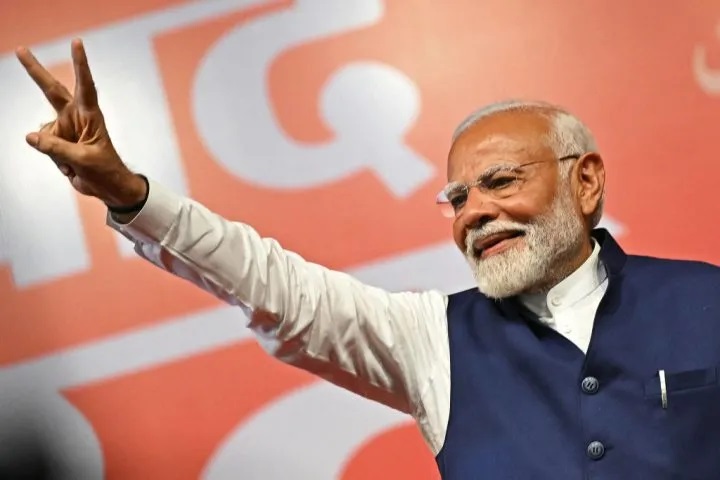






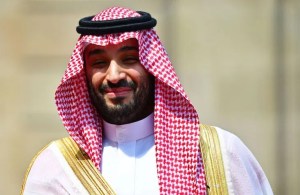


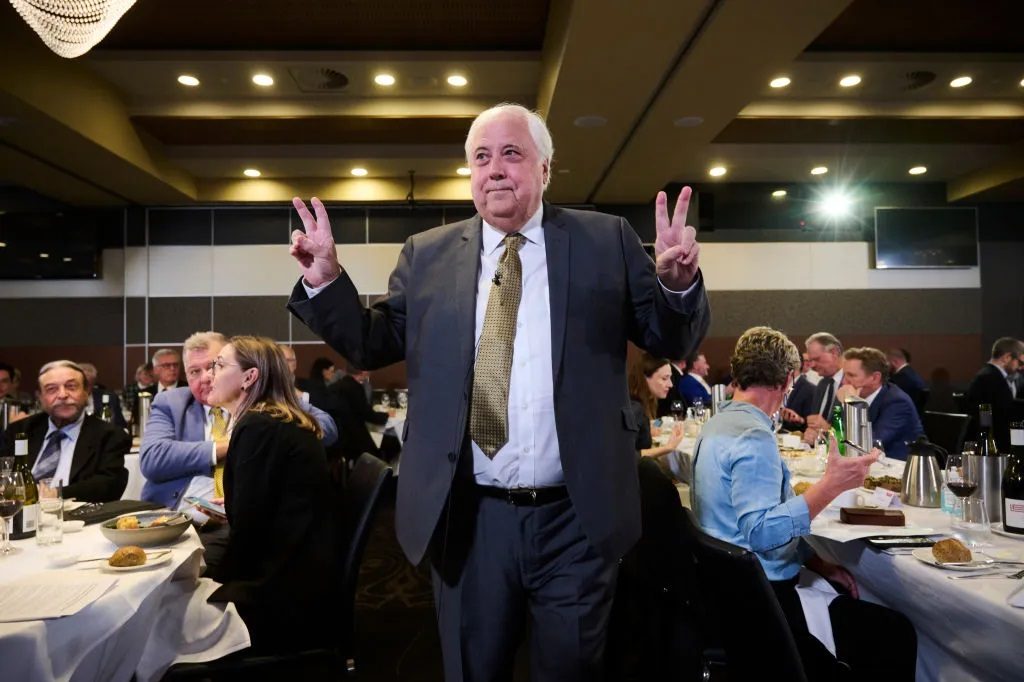
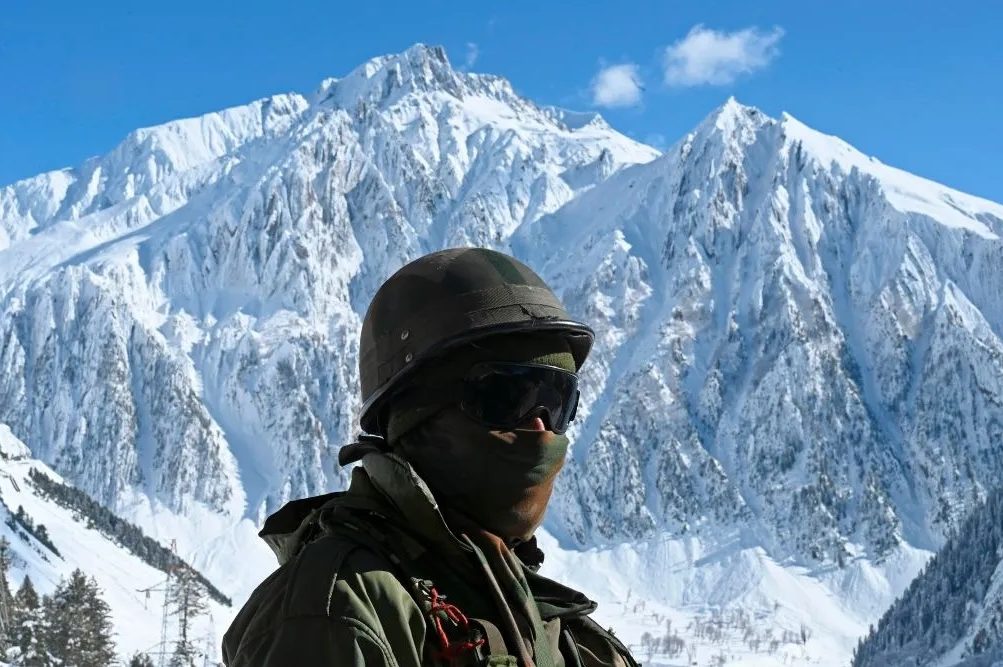

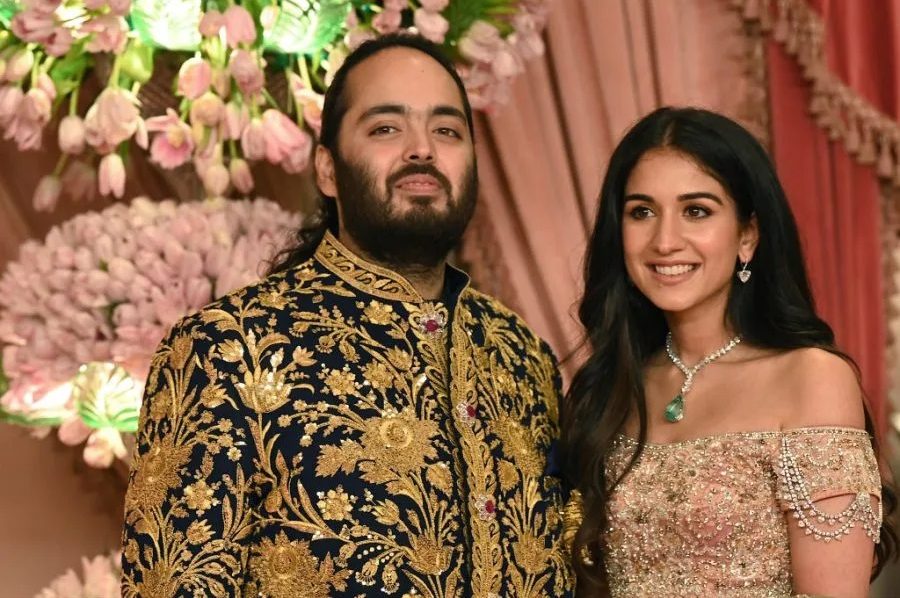
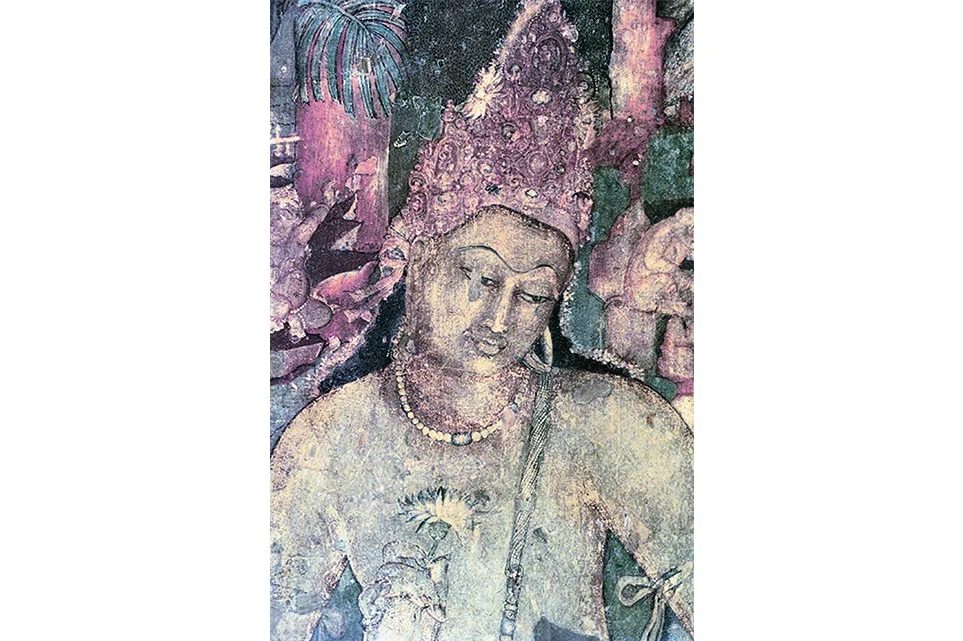








Leave a Reply